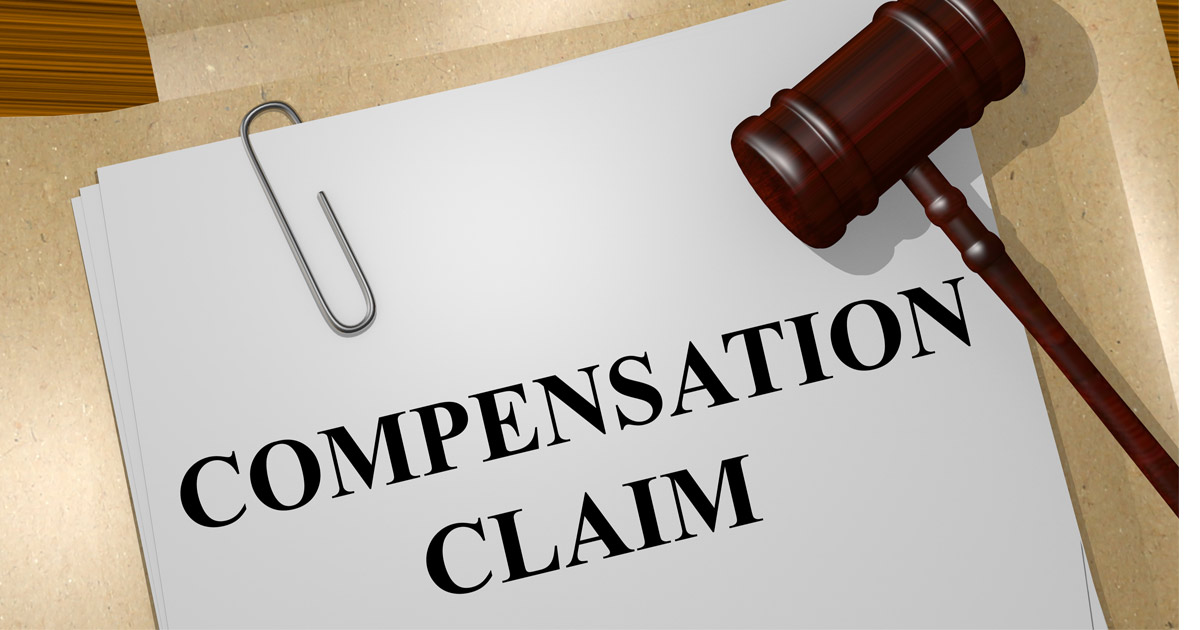
Employees who are injured at work while performing the prescribed job duties are entitled to Workers’ Compensation benefits. Worker protection laws specifically require businesses to establish a system for these insurance benefits to provide a safeguard for employees in case a work accident leaves them unable to work.
These benefits allow injured employees to collect monies to pay for medical bills associated with the injury, including those for ongoing treatments and therapies. Workers’ Compensation may also cover lost wages for employees whose work accident has left them unable to work, either temporarily or permanently. Some Workers’ Compensation arrangements even help with re-training or additional education to help injured workers return to the work force in a different capacity.
Workers’ Compensation
As soon as you become injured or ill as a result of an accident or exposure at work, you should notify your supervisor without delay. Perhaps the only action more important than reporting the claim in a timely fashion is to seek medical attention to address your injury or symptoms. Even for non-urgent medical treatments, you should still have your complaints addressed by a doctor. Seeking appropriate medical attention right away will help with your recovery, but it will also provide an official record of your medical issues and your attempt to deal with them.
Your employer should take your claim seriously and promptly file the appropriate paperwork with the company’s Workers’ Compensation insurance provider. You will likely be asked to provide medical records describing your injury, treatment, and prognosis. Once all the paperwork and supporting evidence are submitted, you must wait. After your case is reviewed, you will find out if the claim has been approved or denied.
Reasons for Claim Denials
Grounds for Workers’ Compensation denials include:
- Ineligibility: Claims are considered ineligible if the injury occurs outside the course and scope employment, meaning the injury was not deemed to be a result of official work duties.
- Timelines: An injury should be reported promptly to management and the paperwork should be filed within a specified timeframe after the injury, or the claim may be rejected.
- Insufficient proof: A claim may be denied for lack of sufficient proof if there were no witnesses to the incident, if the claim is not supported by the medical or on-scene evidence, or if contradictory accounts were presented to managers, insurance representatives, and your doctor.
- Irresponsible behavior: You can be denied for intoxication, alcohol or drugs, for violation of a company’s drug policy, but roughhousing and horseplay do not automatically disqualify; nor does violation of a safety policy. Willful violation of any positive work rule can disqualify one from benefits.
- Contradictory evidence: A claim denial may be ordered if witness interviews or video surveillance footage contradicts your account of events.
Pittsburgh Workers’ Compensation Lawyers at AlpernSchubert P.C. Help Injured Workers
Being injured at work can be life changing. If you were denied your rightful benefits, contact the Pittsburgh Workers’ Compensation lawyers at AlpernSchubert P.C. We can help you recover money to pay your medical bills, reestablish financial security, and regain a sense of hope for your future. Contact us online or call 412-765-1888 to schedule a free case evaluation. Located in Pittsburgh, we represent injured workers throughout western Pennsylvania, including Allegheny County, Lawrence County, and Washington County.
